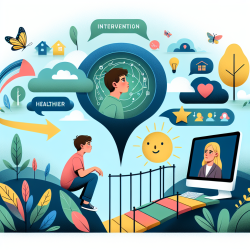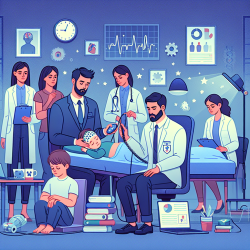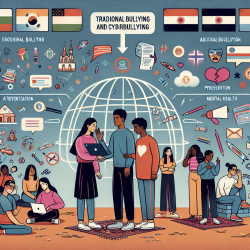In the dynamic developmental stage of the tween years (ages 10-13), children face rapid physical and mental changes that significantly influence their behaviors and well-being. The systematic literature review titled The tween years: A systematic literature review for services for children aged 10–13 years by Bulimwengu and Cartmel (2022) provides a comprehensive analysis of the services and interventions available for this age group. This blog distills the key findings from the review to help practitioners enhance their skills and encourage further research.
Understanding the Challenges of the Tween Years
The tween years are marked by a range of challenges, including peer pressure, risk-taking behaviors, body image concerns, and mental health issues. These years are also a time of transition between schooling institutions. Despite these complexities, there is a notable lack of attention from service providers and policymakers towards pre-adolescents. Addressing these challenges requires a multifaceted approach that includes academic, physical, and psychosocial interventions.
Key Findings from the Review
The review analyzed 44 studies, including randomized and non-randomized trials, to evaluate the effectiveness of various interventions. The results are summarized in an outcome table that highlights the impact of different programs on factors such as anxiety, depression, behavioral control, and overall well-being.
Academic-Based Programs
Several academic programs showed positive outcomes, particularly those focusing on health education, mentoring, and sexual education. For instance, the SPARK mentoring program was effective in helping adolescents cope with daily stressors, promoting overall health and well-being. However, none of the identified programs addressed the academic pressures faced by children, indicating a gap that needs to be filled.
Physical Programs
Physical programs such as weight-loss treatments and eye care initiatives demonstrated significant positive outcomes. The role of parents and siblings was crucial in the success of these programs, highlighting the importance of family involvement in interventions.
Psychosocial Programs
Psychosocial interventions targeting issues like dating violence, anxiety, and bullying also reported positive results. Programs such as the Shifting Boundaries prevention program and the Bounce Back program were effective in reducing anxiety and fostering resilience among participants. However, there is a need for more programs addressing issues like domestic violence and family breakdowns.
Intervention with the Family
Family-based interventions like the Strengthening Family's Program (SFP) showed promising results in reducing pre-adolescent difficulties and parental distress. However, the effectiveness of these programs varied, indicating the need for more robust and context-specific family interventions.
Life Skills Programs
Life skills programs such as the Aussie Optimism Program (AOP) and IPSY were effective in enhancing pro-social behavior and emotional regulation. These programs also had a positive impact on self-esteem and were associated with reduced anxiety and depression levels.
Paediatric Care for Transgender Children
The review also highlighted the importance of specialized pediatric care for transgender children. Providing further training to caring professionals and forming multidisciplinary teams were identified as key factors for successful interventions.
Implications for Practice
- Practitioners and policymakers should give tween children equal attention as infants and toddlers. The tween years are a critical period for development.
- Coordination and collaboration between organizations should be key factors in addressing pre-adolescent problems.
- After-school activities and summer camps should be prioritized as they offer more opportunities for children to explore and improve their well-being.
- Long-term interventions that provide continuous support throughout the tween period should be considered for better outcomes.
- Academic programs should be developed to address the pressures faced by children in their studies.
- Contextual factors should be considered when designing and implementing services to ensure they are appropriate and effective.
Implications for Future Research
Future research should include studies written in other languages and consider grey literature to ensure a more comprehensive understanding of available services. Additionally, examining the relationship between political aspects that inform policy development and service design in various countries can provide valuable insights.
To read the original research paper, please follow this link: The tween years: A systematic literature review for services for children aged 10–13 years.










